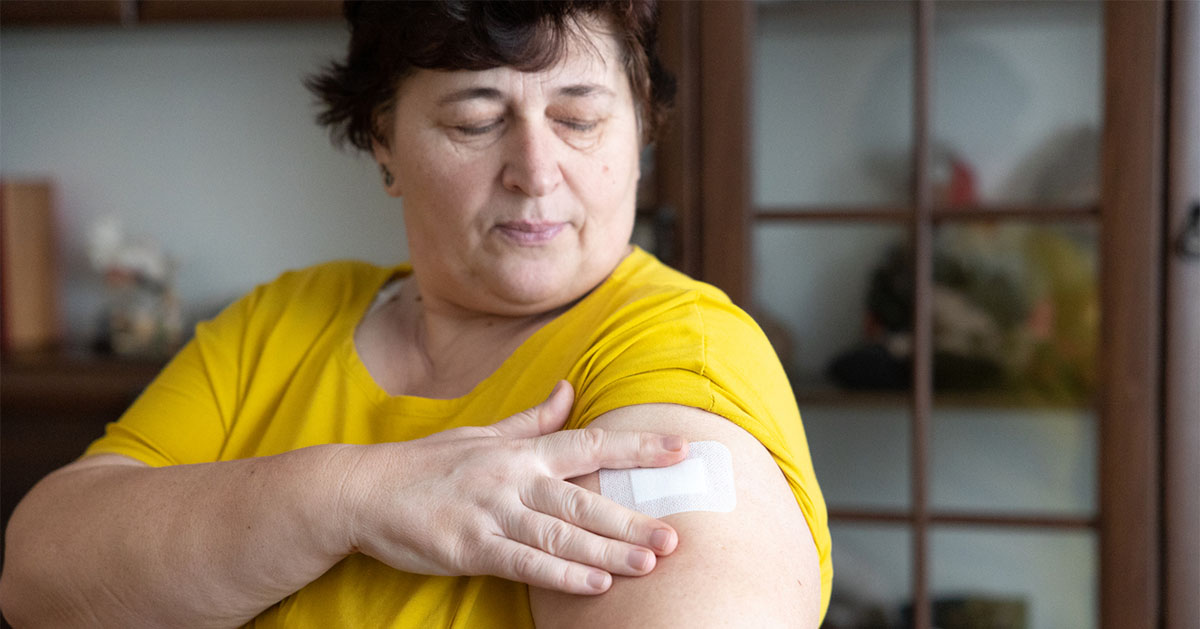“If you want to change attitudes, start with a change in behaviour.” William Glasser, American Psychologist
Pretty much everyone knows that a combination of a good balanced diet and regular exercise helps to control your weight. More specifically, we know that for people with impaired glucose tolerance, a programme of intensive diet and exercise not only reduces the risk of progression to diabetes by over half (Tuomilehto et al, 2001; Knowler et al, 2002) but also that the benefit is sustained over many years (Diabetes Prevention Program Research Group et al, 2009).
The problem is, that many healthcare professionals are apprehensive about bringing up the subject of weight and its twin drivers of food intake and exercise behaviour, not only because of the inherent risk of alienating the individual with subsequent loss of trust, but also because of time pressures and the widely held belief that because of the difficulty of undertaking and sustaining such behaviour, the conversation is often a futile exercise (Rabin, 2010). From an individual’s perspective, it’s not much use being told to lose weight and not being supported in how to do it, and that does not just mean handing out another diet sheet.
So at a time when diabetes is taking up 10% of the healthcare budget of the UK, costing an estimated £1 million per hour (Diabetes UK, 2010), an intervention that is widely applicable, cheap, effective and sustainable is badly needed to stem the tide of obesity and type 2 diabetes. Arise motivational interviewing (MI).
MI is not new. It is a technique used to facilitate behaviour change, particularly within the context of chronic disease management, and may be used to address a wide range of behaviours including smoking, over-eating and adherence to medication. There is plenty of evidence that it works in the short-term and in people with type 2 diabetes (West et al, 2007; Christian et al, 2008) but, more importantly, not only can MI be delivered effectively by trained GPs (Rubak et al, 2009) who attended a 1.5-day residential training course, but also by trained lay counsellors with no prior experience at all (Greaves et al, 2008).
MI in a nutshell is about working to the individual’s agenda of goals (whatever they want to focus on) and supporting them to make appropriate changes. It has four fundamental components:
- Express empathy by using reflective listening to convey understanding of the person’s point of view and underlying motivators.
- Explore discrepancies between the person’s core values and their current behaviour (how their current unhealthy behaviour conflicts with the wish to “be good” – or to be viewed to be good).
- Try and overcome resistance by responding with empathy and understanding.
- Support self-efficacy by building confidence that change is possible and agree on first steps.
Like any intervention, it does not work for everyone, but from personal experience, taking the time to learn MI is time well spent and has wide applicability. The following article by Colin Greaves and colleagues gives some detailed background and ideas on how it can be used in practice.





Increased risk of new-onset heart failure in over-65s suggests caution is required before prescribing pregabalin for painful diabetic neuropathy.
14 Aug 2025